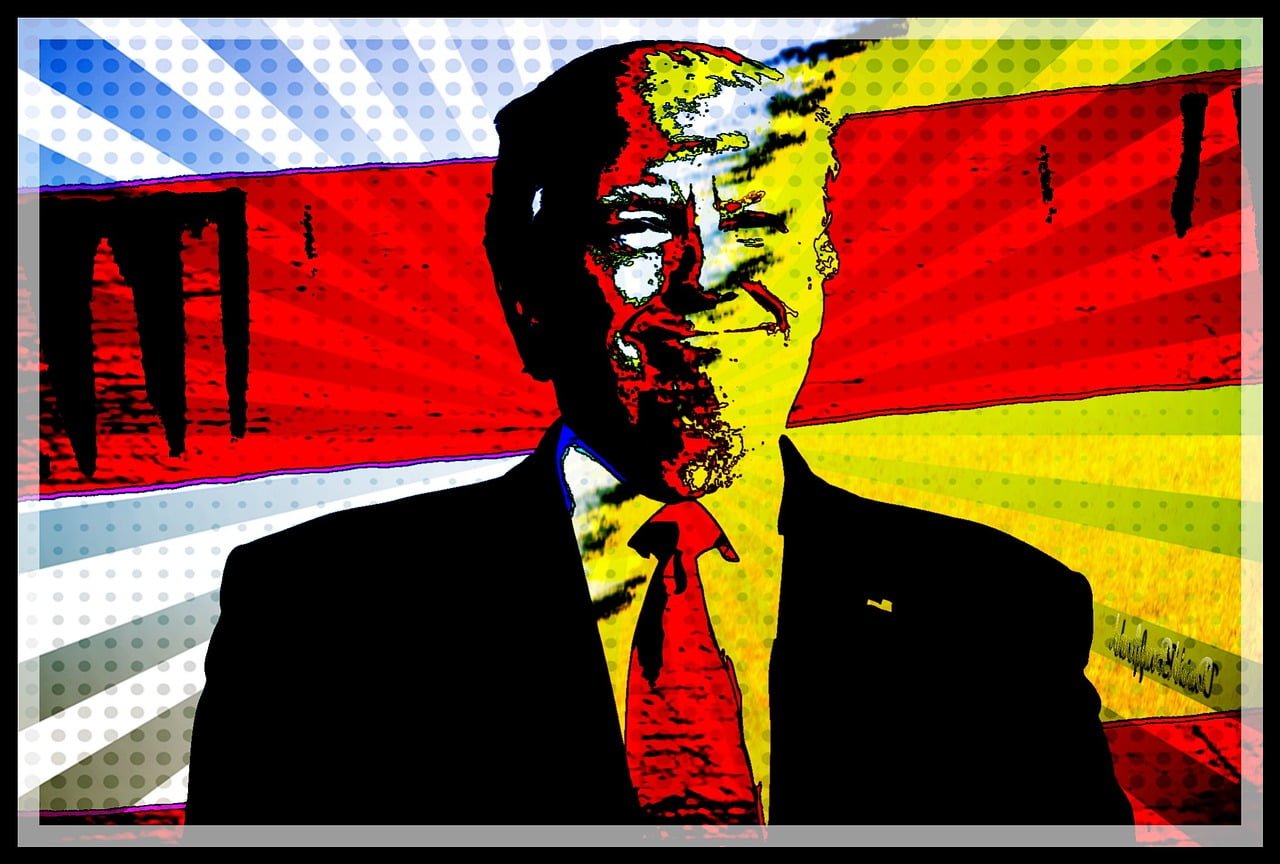At what point did the gift card become so much more valuable than cash during the holiday season? It seems akin to the early marketing of diamonds. However, gift cards are far from forever.
[REITs]Unlike cash, gift cards expire. And any remaining balance is returned to the producer.
Gift cards may hold currency, but there has been an alteration: the money is no longer fungible.
Therein lies a great skill of the marketer. The revenue generated is not calculated by simply multiplying quantity and price, as economic students are accustomed. Instead, there is an additional expected return due to positive balances on expired cards.
After making a purchase, cardholders might not know how to use that leftover $1.17, or the card might get lost in the depths of one’s wallet or purse, either way, the money left behind adds up. How does this happen?
Surely most have experienced an empty wallet, devoid of cash, with only credit or debit cards to provide for any immediate wants. How do we keep cycling through dollar bills, but not gift cards? Gift cards hold relevant currency just the same as a debit card, don’t they?
Again, we face the cleverness of the marketer. Gift cards may hold currency, but there has been an alteration: the money is no longer fungible. Over the years, money has evolved to possess a number of characteristics, including durability, portability, divisibility, rarity, acceptability, uniformity, and fungibility.
Characteristics of Currency
For a quick experiment, you’ll need to head to your bank with a twenty-dollar bill. Examine your bill for some unique blemish (small tears or pen marks are common over years of use). Deposit the bill into your account, wait a moment, and then withdraw twenty dollars from the same account. Is this the same bill?
Money may be interchanged endlessly because like amounts hold the same value.
First, let’s assess the other characteristics of money. The journey alone attested to the money’s durability and portability. Next, a simple request to the bank teller could have the twenty-dollar bill divided into tens, fives, twos, or ones (even coinage if you don’t mind testing the teller’s patience). The armed guard and security cameras you walked past provide evidence of the rarity, and the value, of money. Last, the special pen the teller swiped across the twenty tested for uniformity, to assure the legitimacy of the bill.
With all of these characteristics confirmed, we may return to our question. Is the bill you withdrew the same as the bill you deposited? Look for the unique blemishes you noted before. Chances are, it is not the same. Should you ask to see a manager? Of course not!
Despite being a different bill, you can use it just the same because it is still valued identically. This is the fungibility of money. This “new” bill may be used anywhere the previous one would have been accepted. Money may be interchanged endlessly because like amounts hold the same value. However, this is where a gift card differs.
No Longer Fungible
Money is deposited during the purchase of a gift card in a manner which is very similar to depositing money into a checking or savings account. However, the process includes an alteration to the nature of money: the money is no longer fungible. US Dollars have been exchanged for “Best Buy Bucks” or “Home Depot Dollars.”
These cards lack a fundamental characteristic of money.
Therefore, it is clear why balances are left behind, despite our otherwise empty wallets. The money has been prescribed a task and that task may not align with our own preferences. One need only look to the myriad of gift card exchange services to see evidence of this.
Whether a small amount of money is left or if the card vanishes from one’s life, the “treat this card like cash” warning on the back of gift cards often goes unheeded due to the fact that these cards lack a fundamental characteristic of money. Although this is a subtle change, it suggests an explanation for billions of dollars left unutilized.
Nicholas Anthony
Nicholas Anthony is a Ph.D. student at George Mason University.
This article was originally published on FEE.org. Read the original article.






